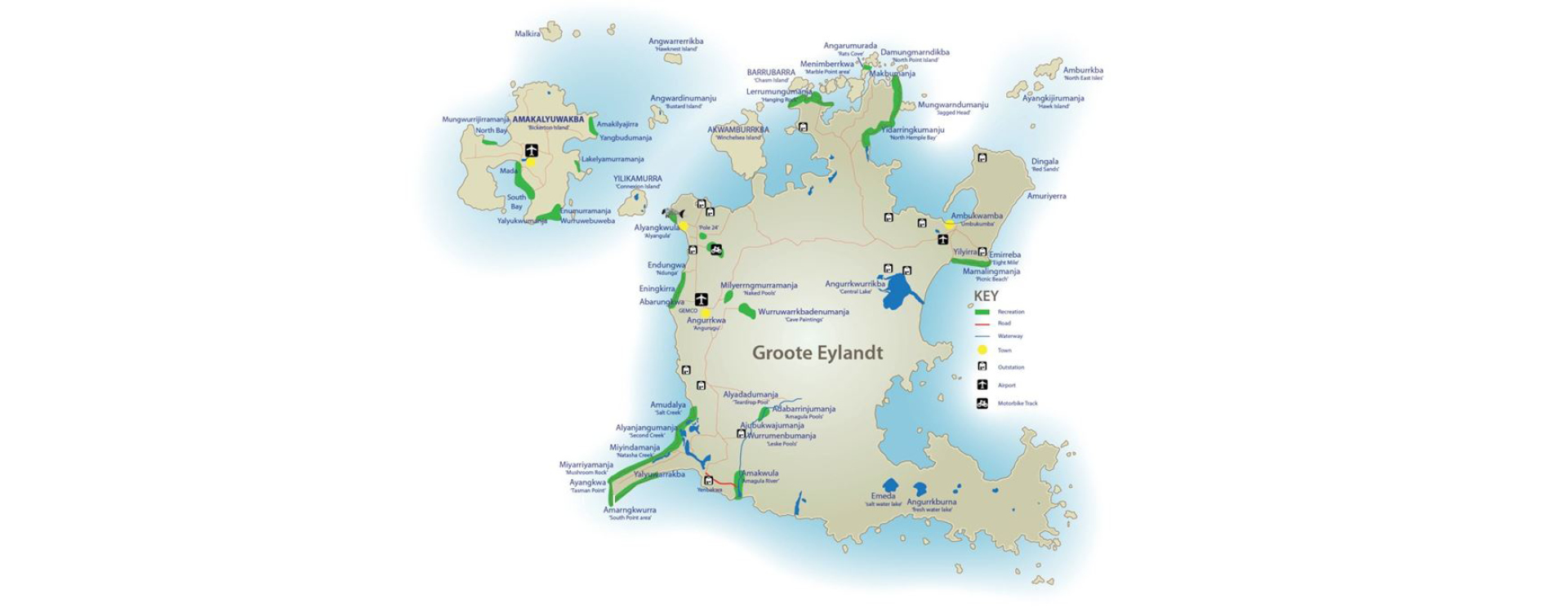
Groote Eylandt – one of the safest places in the world
Groote Eylandt has proved to be one of the safest places in the world during the worst pandemic for a century.
Nobody on the archipelago contracted covid-19.
This is in stark contrast to other parts of the world where the virus caused an enormous number of deaths and heartache.
The Anindilyakwa Land Council and the Territory Government moved faster than any other authorities in Australia in severely restricting travel to Groote.
Access permits were needed for anybody wanting to visit the islands up until biosecurity measures were lifted in June.
The Language Centre produced important information videos, which helped keep people informed about the pandemic and give advice on how to avoid catching covid.
Medical experts feared that coronavirus would have a devastating effect on the community because, sadly, many Aboriginal people suffer poor health, which makes them particularly vulnerable to the virus.
A new coronavirus testing machine – called GeneXpert – was brought to Alyangula Clinic and clinic staff were trained in its operation by June.
The expensive piece of equipment was funded by the Federal Government.
GeneXpert takes only 45 minutes to detect covid. Tests used to be sent to Gove or Darwin for analysis, which took up to three days.
The machine is adaptable – it can also detect tuberculosis and sexually transmitted diseases.
It will be kept on Groote after the pandemic.
Despite the fact that nobody on Groote has caught the virus, the pandemic is far from over and people are strongly advised to:
- Wash your hands many times each day.
- Don’t sit or stand really close to other people. Stay a little bit away from them.
- Download the COVID-SAFE app onto your phone.
If you feel sick, maybe coughing or runny nose, or maybe you are hot, stay at home — don’t go outside. Phone the doctor or clinic in your community.
The Australian Government says that vaccinations will begin in March.
Frontline health workers, such as the nurses working in the Groote clinics, will be the first to receive the two injections.
It is not yet known when Traditional Owners on Groote will start receiving their vaccinations, but Indigenous people living in remote communities are considered particularly vulnerable and are expected to be high on the priority list.
